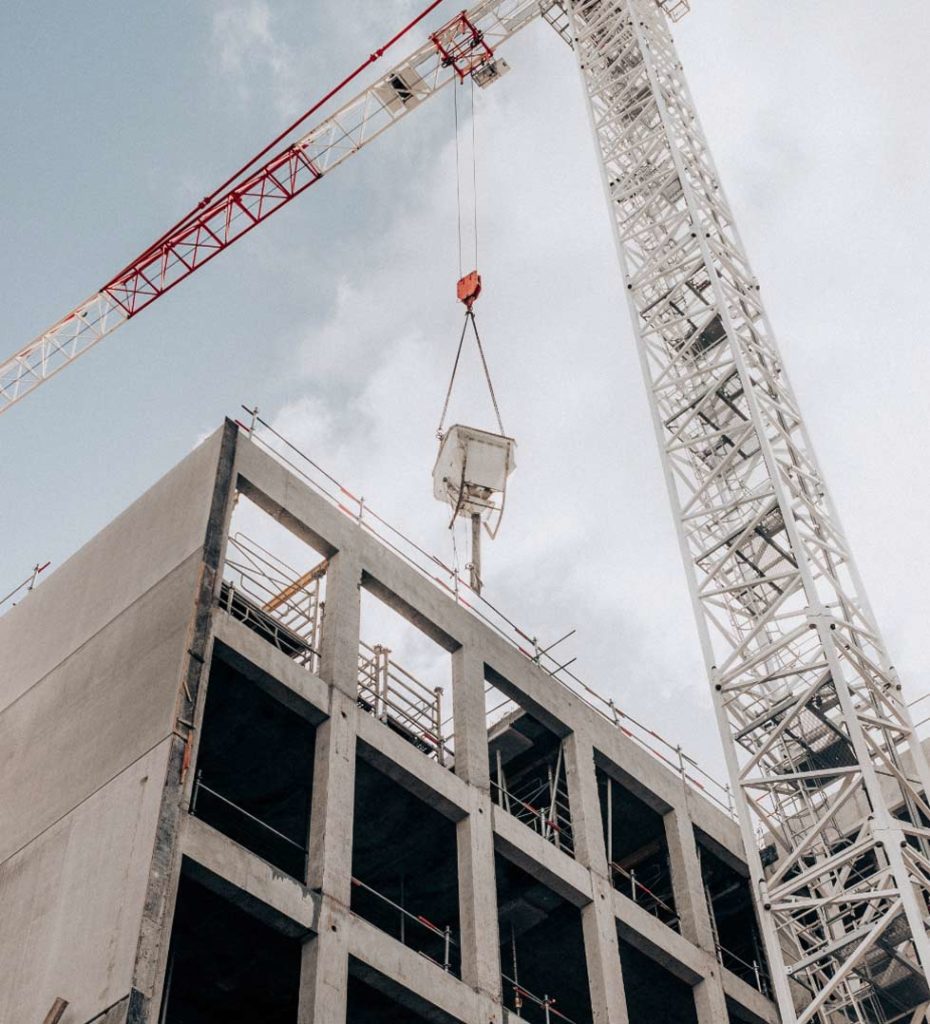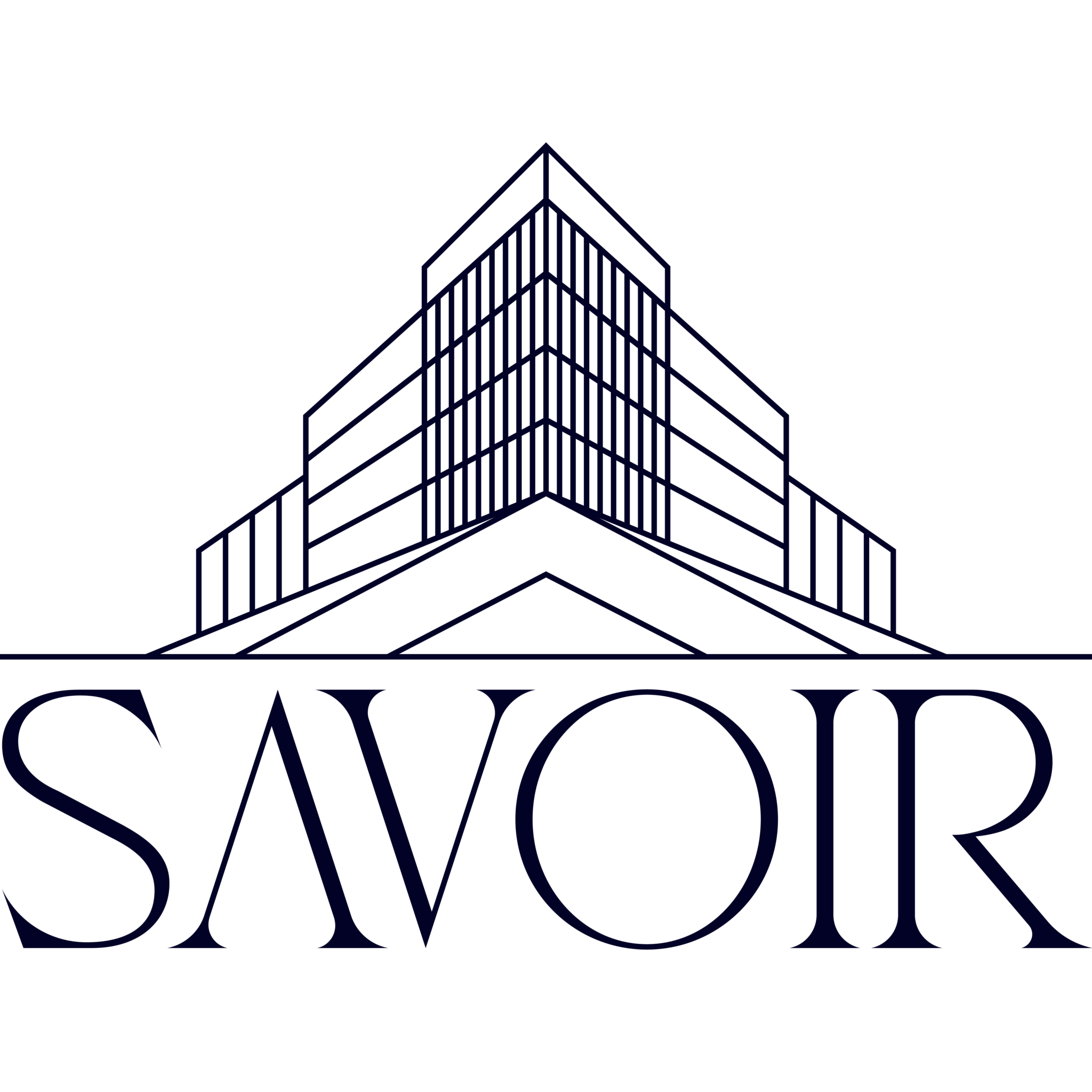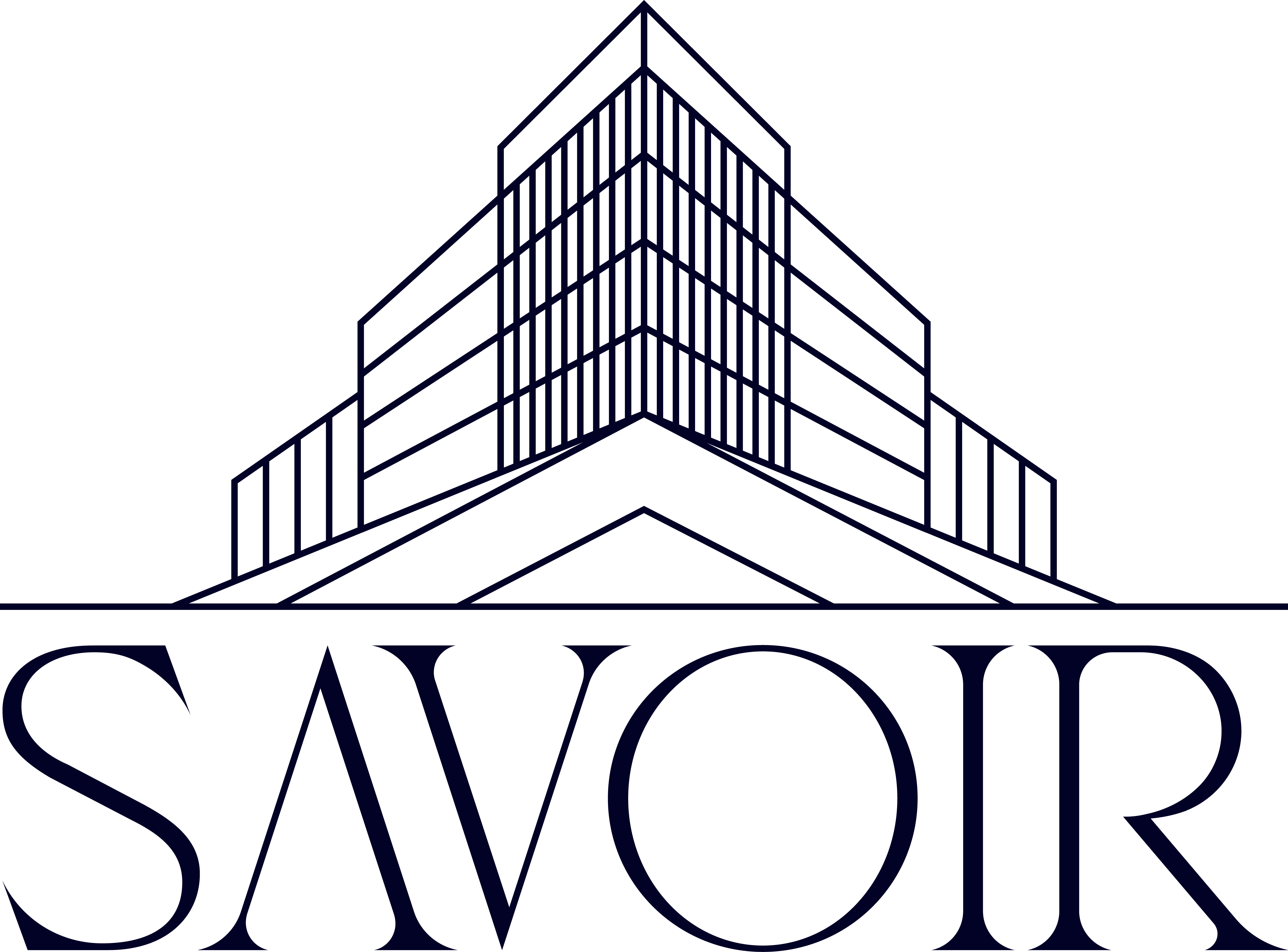Avancées dans la technologie de la construction : Améliorer l’efficacité en République du Congo
The Republic of Congo is witnessing rapid development and infrastructure growth, driven by the need for modernization and economic progress. In this era of technological advancements, the construction industry in the Republic of Congo is embracing innovative technologies to enhance efficiency, productivity, and sustainability. This article explores the significant advancements in construction technology that are transforming the construction landscape in the Republic of Congo.

1. Building Information Modelling (BIM): Streamlining Design and Collaboration
Building Information Modelling (BIM) is a digital representation of a
building’s physical and functional characteristics. It allows architects,
engineers, and other stakeholders to collaborate effectively, improving
project coordination, reducing errors, and enhancing construction
efficiency. In the Republic of Congo, BIM adoption is gaining momentum,
leading to improved communication and project outcomes.
2. Robotics and Automation: Increasing Productivity and Safety
Robotics and automation technologies are revolutionizing the
construction industry in the Republic of Congo. Automated machinery
and robotic systems are being deployed to perform various tasks, such
as bricklaying, concrete pouring, and material handling, increasing
productivity and enhancing safety on construction sites. These
advancements accelerate project timelines and improve construction
quality.
3. Internet of Things (IoT) and Real-Time Monitoring: Enhancing Project Control
The Internet of Things (IoT) enables real-time monitoring, data collection,
and analysis in construction projects. IoT sensors and devices track
construction progress, monitor equipment performance, and optimize
resource utilization. The Republic of Congo is witnessing an increasing
use of IoT technologies, leading to improved project control, informed
decision-making, and enhanced resource management.
4. Prefabrication and Modular Construction: Streamlining Project Delivery
Prefabrication and modular construction techniques are gaining
popularity in the Republic of Congo due to their ability to expedite project
delivery and enhance construction efficiency. Prefabricated components
are manufactured off-site and assembled on-site, reducing construction
time, and improving quality control. Modular construction allows for
greater flexibility and standardized processes.
5. Sustainable Construction Practices: Promoting Environmental Responsibility
The Republic of Congo recognizes the importance of sustainable
construction practices to minimize environmental impact and promote
resource efficiency. Embracing energy-efficient systems, renewable
energy integration, and eco-friendly materials contributes to a more
sustainable built environment. Green building certifications, such as
Leadership in Energy and Environmental Design (LEED), incentivize
developers to adopt sustainable construction practices.

6. Augmented Reality (AR) and Virtual Reality (VR): Enhancing Visualization and Design
Augmented Reality (AR) and Virtual Reality (VR) technologies offer
immersive experiences that aid in visualizing designs and improving
construction planning. In the Republic of Congo, these technologies are
increasingly being used to enhance the design review process, allowing
stakeholders to virtually walk through buildings before construction
begins. By incorporating AR and VR, construction professionals can
identify potential design flaws, make informed decisions, and improve
communication with clients and project teams.
7. Advanced Materials and Construction Techniques: Enhancing Durability and Efficiency
The utilization of advanced materials and construction techniques is
revolutionizing the construction industry in the Republic of Congo. Highperformance materials, such as fibre-reinforced concrete and advanced
composites, offer enhanced durability, reduced maintenance, and
improved energy efficiency. Additionally, innovative construction
techniques like 3D printing are being explored, enabling the rapid and
cost-effective construction of complex structures.
8. Data Analytics and Artificial Intelligence (AI): Optimizing Project Management
Data analytics and artificial intelligence (AI) are transforming project
management in the construction industry. By analysing vast amounts of
data, AI algorithms can identify patterns, predict potential risks, and
optimize construction schedules. In the Republic of Congo, these
technologies are enabling project managers to make data-driven
decisions, enhance resource allocation, and improve overall project
efficiency.
9. Drone Technology: Enhancing Surveying and Site Monitoring
Drone technology has become a valuable tool in construction projects
across the Republic of Congo. Drones equipped with high-resolution
cameras and sensors can efficiently survey construction sites, monitor
progress, and collect valuable data. By utilizing drones, construction
professionals can reduce manual labour requirements, improve safety by
inspecting hard-to-reach areas, and ensure accurate documentation of
project milestones.
10. Mobile and Cloud-Based Construction Management: Facilitating Remote Collaboration
Mobile and cloud-based construction management platforms have
revolutionized how construction projects are planned, coordinated, and
executed. These technologies enable real-time collaboration, document
sharing, and seamless communication between project teams, even in
remote locations. By embracing mobile and cloud-based solutions,
construction professionals in the Republic of Congo can streamline
workflows, enhance productivity, and overcome logistical challenges.
Conclusion:
Advancements in construction technology are transforming the construction
industry in the Republic of Congo, enhancing efficiency, productivity, and
sustainability. Building Information Modelling (BIM), robotics and automation,
Internet of Things (IoT), prefabrication and modular construction, and
sustainable practices are driving positive change in the sector. Embracing
these advancements enables improved project coordination, increased
productivity, reduced construction time, and enhanced environmental
responsibility.
The Republic of Congo has the opportunity to leverage these advancements to
meet its infrastructure needs, drive economic growth, and create sustainable
communities. It is essential for construction industry professionals,
stakeholders, and policymakers to stay informed about these advancements,
invest in training and education, and foster a culture of innovation and
technological adoption. By embracing advancements in construction
technology, the Republic of Congo can unlock new levels of efficiency,
productivity, and sustainable development.
Share:



Leave a Reply